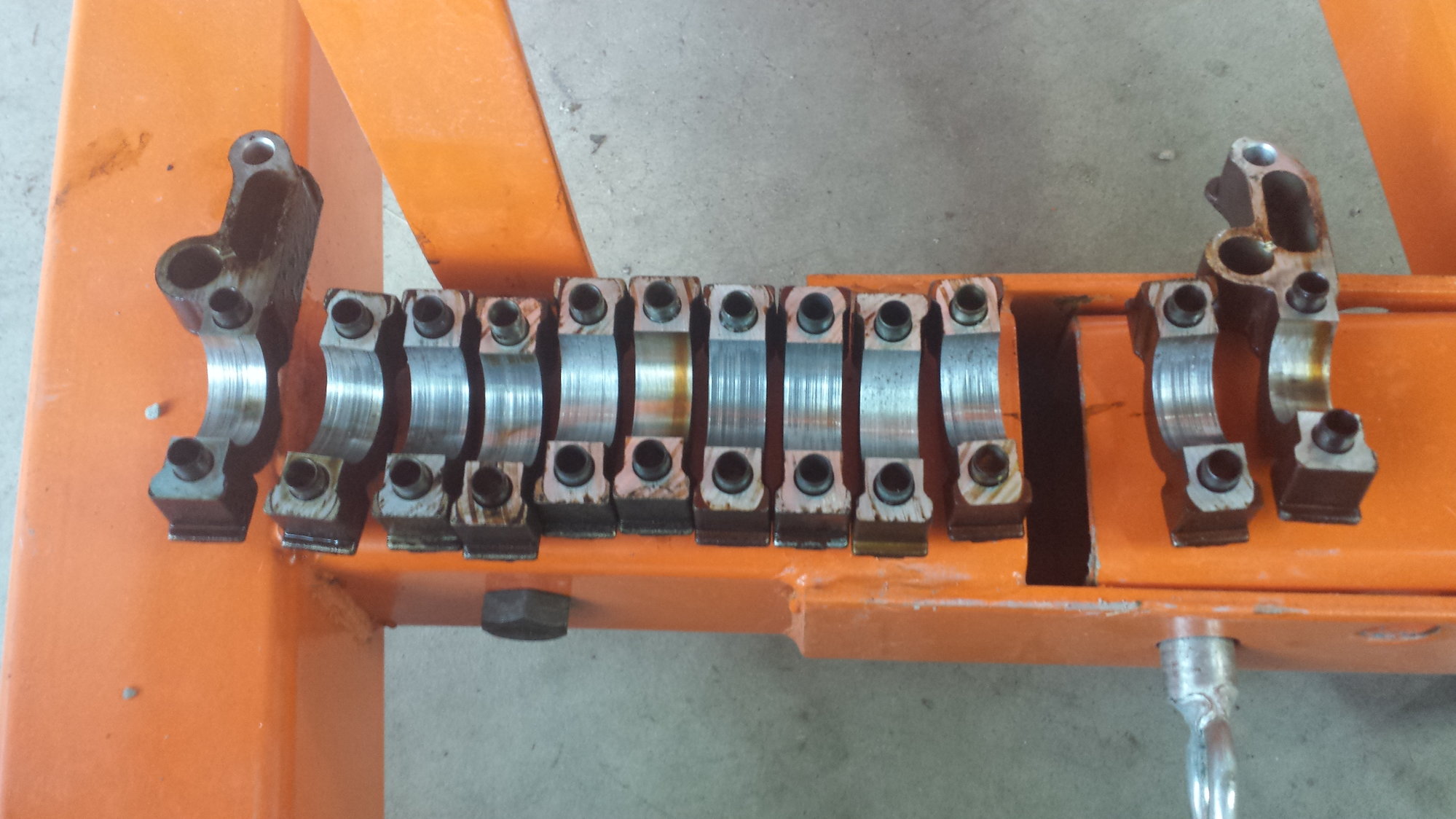Okay fair enough. But with 6.6 qts. of any weight (which is a crazy high capacity to me when for years they were trying to get below 4 qts seemingly on 4-cyls), I doubt your going to have to worry about speeds or loads, that engine has a history of the opposite - not reaching very high temps. I think a former mod here said his rarely went
6.6 qts for which vehicle?


